Introduction
In Northern Nigeria, mental health is a serious concern. Whilst women are more likely than men to experience sadness and anxiety, they are also less likely to get the necessary treatment.
This is due to the fact that many individuals in this area are unaware of how their culture impacts their mental health, and even those who are aware of this are unable to seek treatment due to a lack of services. I wish to change that!
I’ve come to realize how crucial it is for everyone to have knowledge of cultural and linguistic barriers variations so that we may better comprehend what causes anxiety, depression, or both at once.
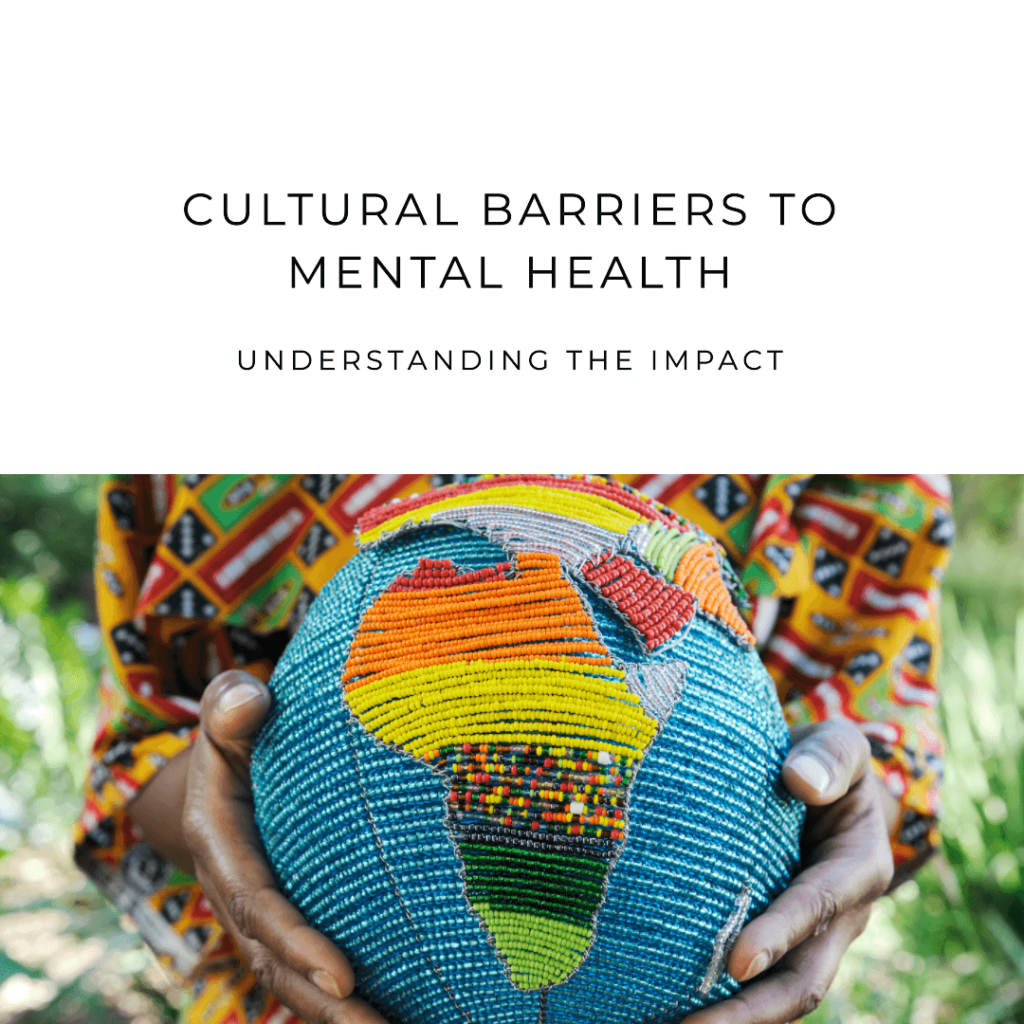
Among some of the cultural obstacles to mental health are:
Social exclusion
Lack of knowledge and comprehension of the accessibility of therapeutic choices.
Language and communication issues might make it challenging for sufferers to describe their symptoms and seek assistance.
Cultural barriers and disparities persist in the world of mental health. Understanding the culture of the people you are dealing with will help you better understand their demands, which will help you overcome these obstacles.
Bridging cultural gaps: Developing successful solutions that cater to your client’s needs will be made easier if you are familiar with the terms and cultural norms of a demographic.
Despite the fact that many cultures have a lot in common, there are also big cultural differences in the way people live their lives and address mental health problems. This can make it difficult to provide treatment services in Northern Nigeria because of these cultural disparities.
We require more assistance from local governments (such as health centers), non-governmental organizations (NGOs), and international organizations like UNICEF that have experts who can speak multiple languages.
UNFPA has been tackling this issue since 2009 through their Nigerian sub-regional project called “Engaging Men Engaged In Preventing Violence Against Women.”
Linguistic Barriers to Mental Health
You might be curious as to why language is so essential to mental wellness. In fact, it’s frequently one of the first things people consider when they learn that someone is depressed or suffering from a mental illness.
Accessing mental health care may be made more difficult by language problems.
Also, because they don’t speak their language, they make it more difficult for those with mental illnesses to comprehend what psychologists are saying during therapy sessions (or something close enough that you can understand).
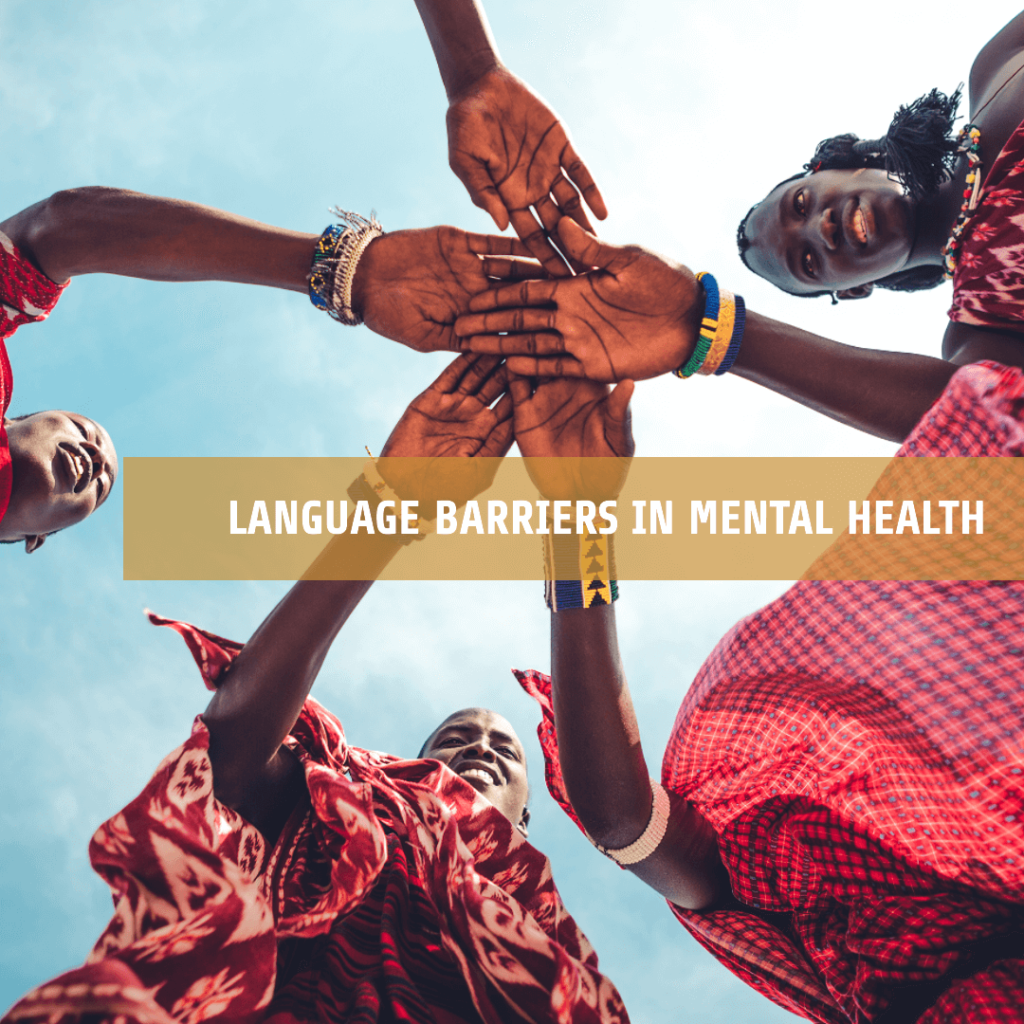
And finally, before starting any treatment, there may be some underlying issues that need to be addressed if you can’t adequately communicate with your specialist about what’s hurting you.
Bridging Cultural Gaps
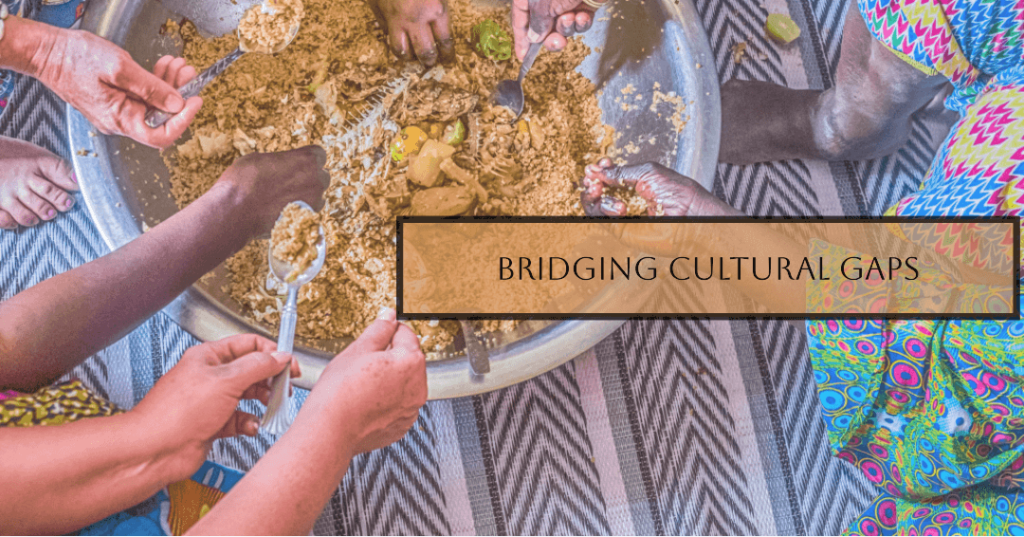
Although they are exist, “cultural gaps” are not always obvious. Cultural barriers may make it challenging for certain people to seek therapy and comprehend their alternatives.
A person may find it challenging to accept the assistance they receive as a result of religious, cultural and linguistic barriers.
The good news is that you can do a few things to help close these cultural gaps and ensure that everyone has access to mental health care.
Navigating Cultural Differences
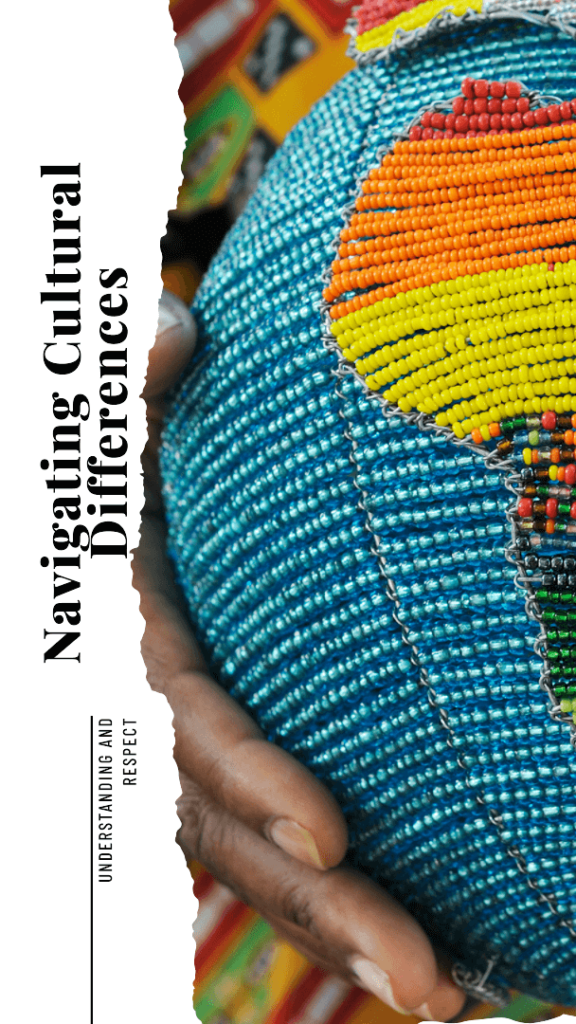
Understanding cultural differences, language barriers, Northern Nigeria’s history, and its culture and language is crucial for navigating these differences.
Breaking down barriers and improving mental health treatment services for Northern Nigerian women requires addressing cultural challenges.
According to a recent study, Nigerian medical practitioners are not sufficiently aware of cultural differences and how they affect the treatment of mental illness.
Despite the fact that many Nigerians struggle with anxiety and depression, they frequently do not receive the right care.
People find it challenging to get therapy because of the stigma attached to these conditions since they don’t feel comfortable being open about their feelings or difficulties for fear of offending others.
This problem can be resolved by encouraging healthcare professionals to get to know patients before making recommendations, by offering culturally appropriate treatment plans, by using translators when necessary, by teaching patients skills like relaxation techniques so they can deal with stressors more effectively, and by fostering an environment where people from different backgrounds, including those who speak different languages, can easily interact with one another.
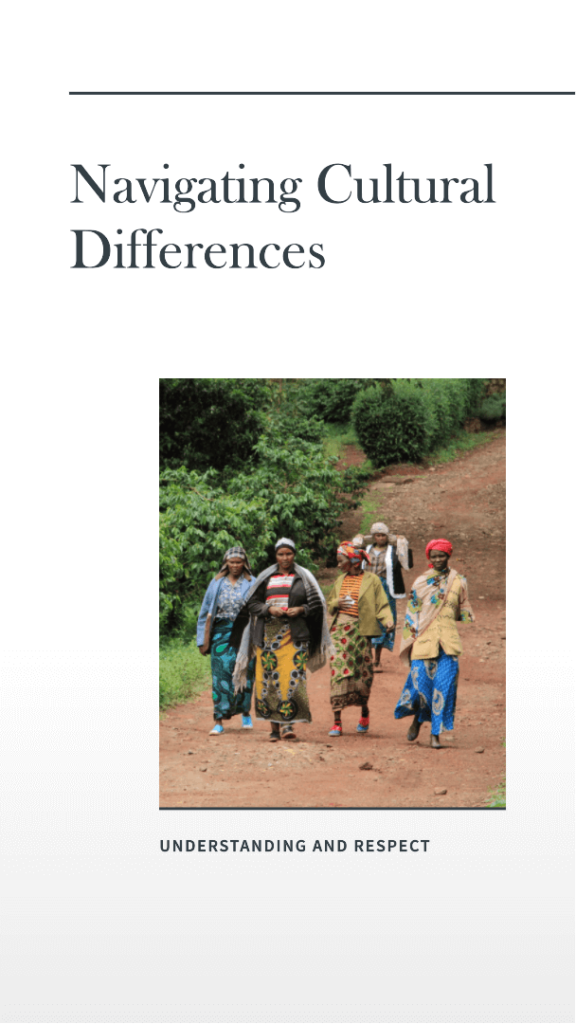
The strong influence of culture on how our lives, communities, and civilizations are shaped can make it difficult to treat mental illness.
Women are required to put their families and spouses before themselves in Northern Nigerian culture.
If your husband or child is ill, you won’t seek professional assistance until your family is in dire need (if at all).
Because there aren’t any mental health facilities in their towns or villages, women frequently don’t know where else to go for help when they do, therefore they don’t ask for assistance from these kinds of groups either!
Cultural barriers also prevent women from accessing appropriate mental health services because many Nigerians hold the misconception that talking about mental health issues like depression or anxiety makes them weak or bad people who need prayer more than anything else.
As a result, many people choose to retreat into isolation rather than seeking assistance from specialists in these fields.
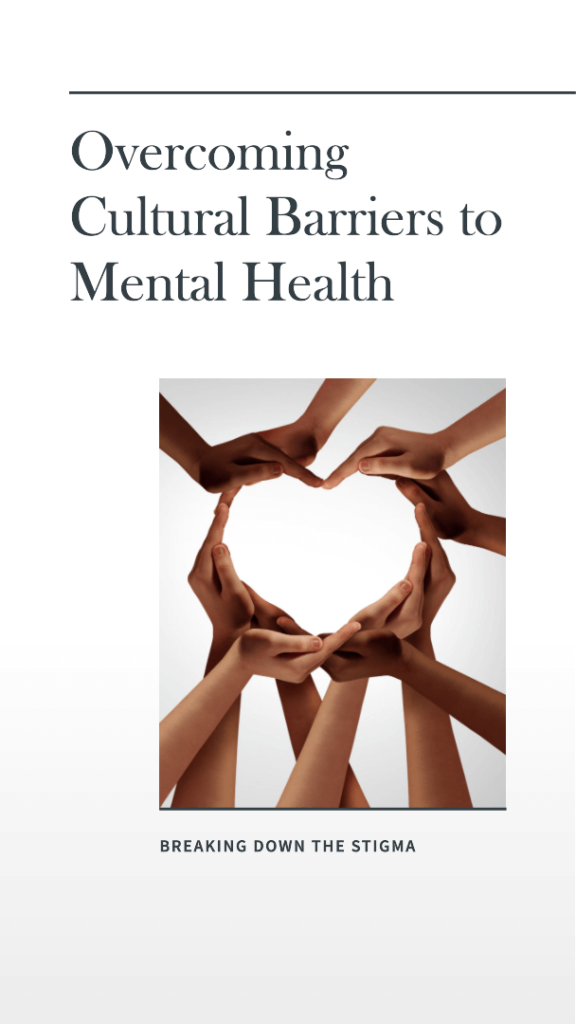
Breaking down barriers and enhancing mental health treatment services for Northern Nigerians requires addressing cultural differences.
The World Health Organization (WHO) estimates that there are about 1 billion multilingual persons in the world.
To interact with their families, friends, coworkers, and others around them, many people have had to acquire more than one language.
Even though these differences may seem insignificant at first glance, it can be easy for things like miscommunication or misunderstanding between two parties when you’re trying to communicate with someone from another culture or country who doesn’t speak your native language well.
This is largely because of how different our cultures may be from one another.
We need to find ways to bridge cultural and linguistic barriers in mental health care.
The provision of mental health services is impeded by linguistic and cultural limitations. Access to services may become challenging, feelings of estrangement and alienation from others may develop, and patient outcomes may suffer as a result. For instance, these limitations frequently prevent people from accessing mental health assistance in Northern Nigeria.
Conclusion
In conclusion, Northern Nigerians confront a variety of obstacles and difficulties when seeking therapy for their mental health. These difficulties are brought on by linguistic and cultural barriers that must be removed in order to provide these women with an environment that is really inclusive.
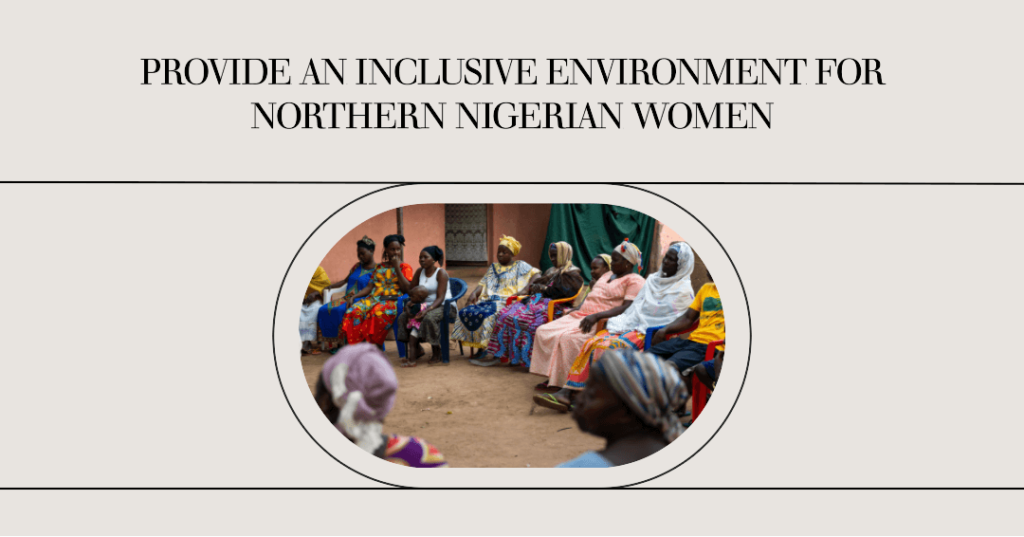
I want to extend a heartfelt thank you for taking the time to read this blog post. I hope it was informative, insightful, and most importantly, useful to you. Mental health is an important topic that affects us all, and I’m grateful for the opportunity to share my thoughts with you.
If you have any thoughts or comments, I encourage you to leave them in the comment box below. Your feedback is essential to me and helps me create content that is tailored to your needs.
If you found this post helpful, please subscribe to my newsletter for more resources and updates on mental health. You can also reach out to me via email if you have any questions or just want to chat. Remember, taking care of your mental health is important, and you are not alone.
Leave a Reply